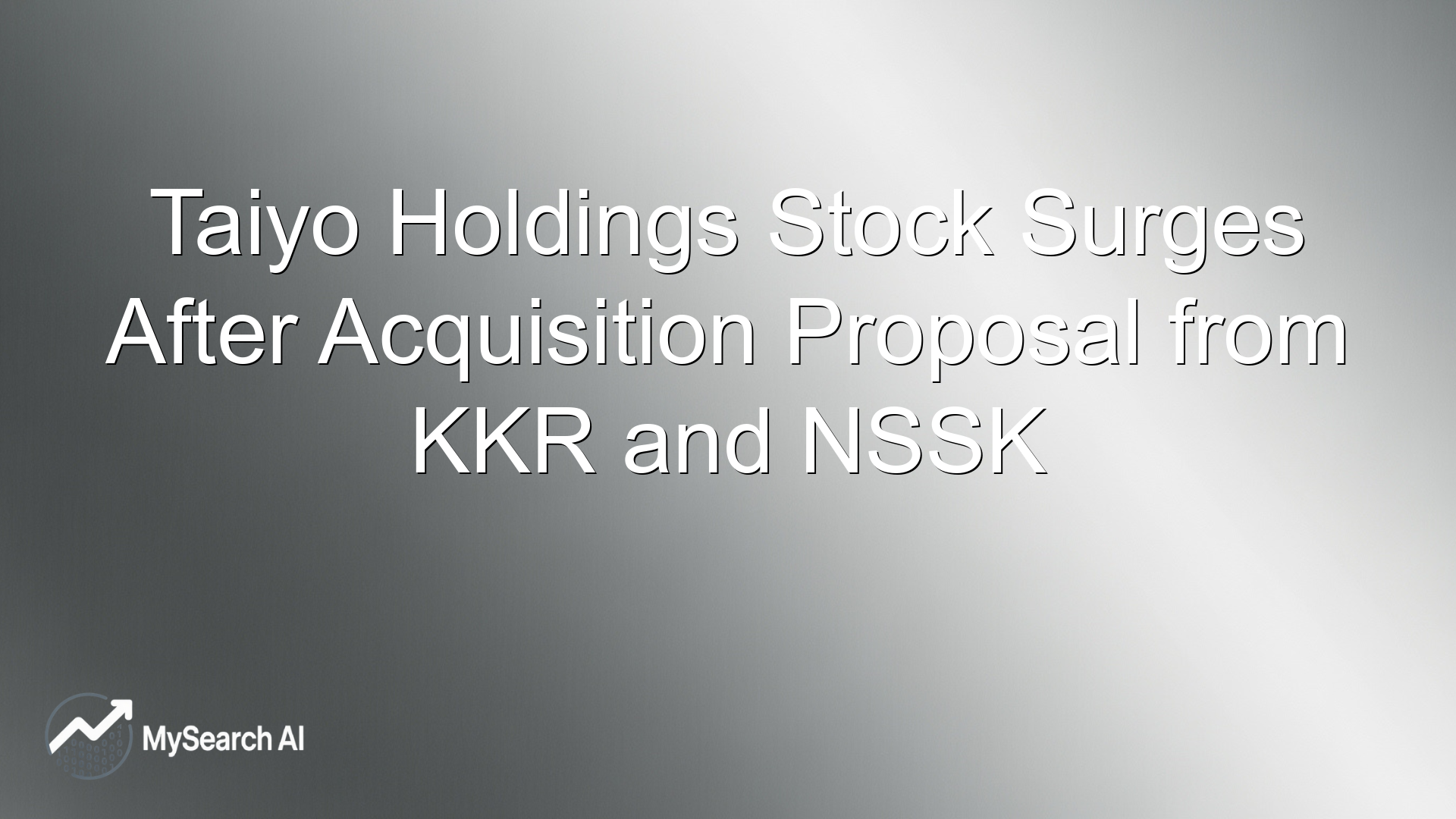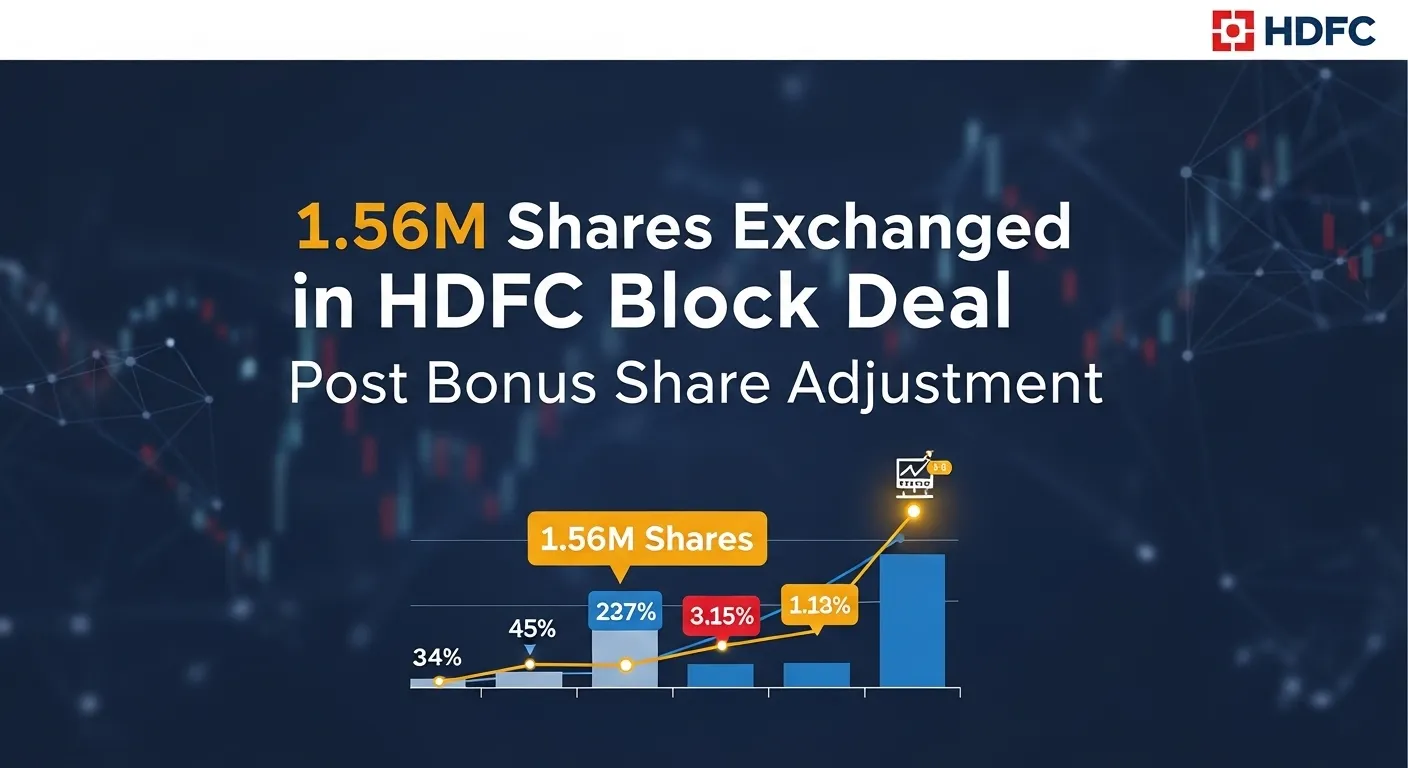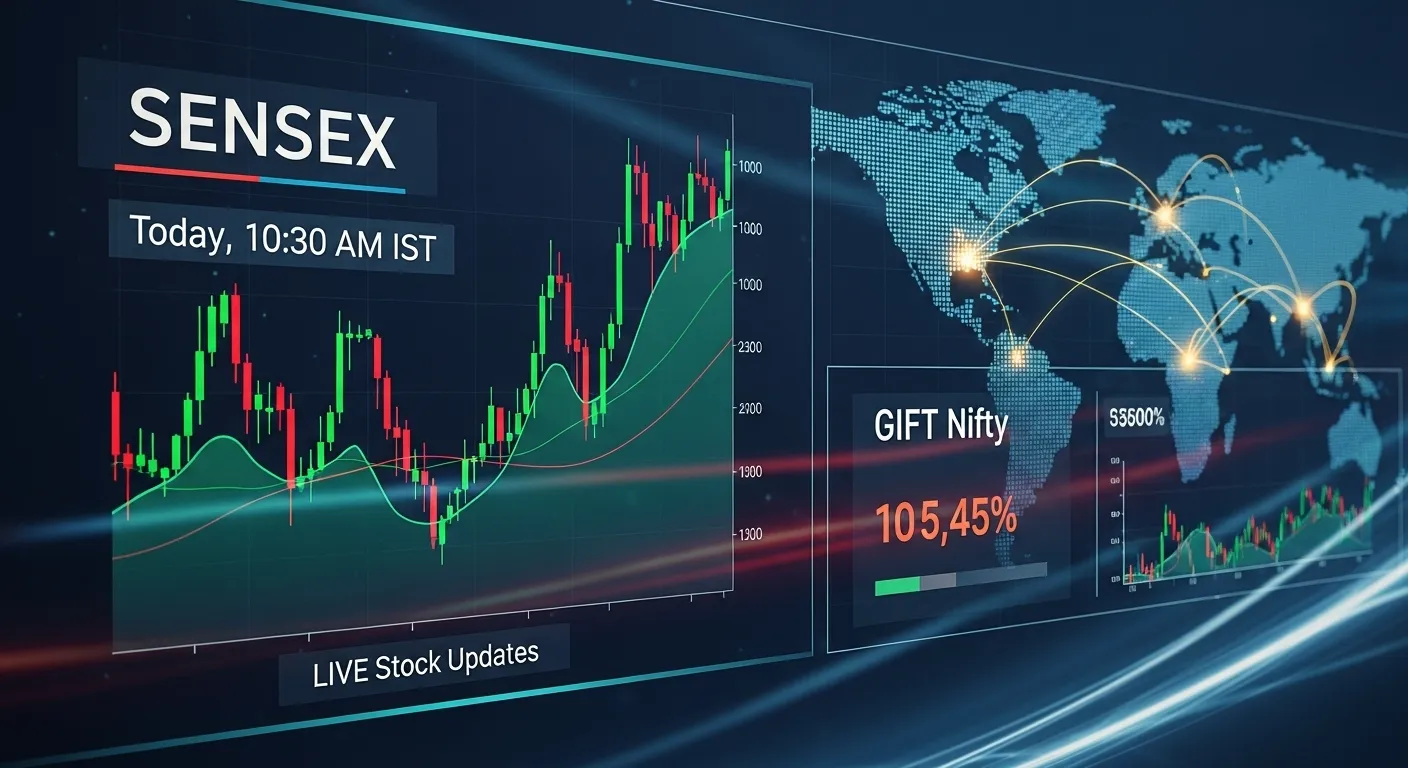Related Articles
Ask anything about stocks
1.56M Shares Exchanged in HDFC Block Deal Post Bonus Share Adjustment
Table of Contents
The market witnessed an interesting turn on Thursday as 1.56 million HDFC Bank shares changed hands in a large block deal. This trade took place just a few days after the Bonus Share allotment, which had lifted the bank’s paid-up capital to ₹1,535 crore.
The sudden transaction, combined with price adjustments post the bonus, created a buzz among both institutional and retail investors.
But what exactly happened here, and why does it matter to the market? Let’s take a closer look.
Understanding the Bonus Share Allotment
A Bonus Share is an additional share given to existing shareholders without any extra cost, based on the number of shares already owned. It is often issued by companies when they want to reward investors, distribute reserves, and increase liquidity.
HDFC Bank recently announced a 1:1 Bonus Share issue, which means that for every one share held, shareholders received one additional share for free. Following this allotment, the paid-up capital of HDFC Bank rose to ₹1,535 crore, giving the stock more liquidity and creating a natural adjustment in its market price.
So why does a bonus share lead to a price adjustment? When more shares are available in the market, the share price is automatically adjusted downwards, while the overall market capitalization remains the same. This is why the HDFC Bank stock dipped around 2 percent after the adjustment.
The Block Deal: What Happened After Bonus Share
Shortly after the bonus adjustment, a large block deal involving 1.56 million shares was executed. According to reports, the deal was worth around ₹2,000 crore, and it was carried out on the NSE.
Such large block deals often indicate a shift in institutional holdings. They are usually executed between two parties at an agreed price to avoid volatility during market hours. For HDFC Bank, this block trade came at a time when the stock had just adjusted for the bonus share issue, amplifying market attention.
But the big question investors are asking is: Was this deal a sign of profit booking, or is it a long-term investment opportunity?
Stock Price Reaction Post Bonus Share and Block Deal

On the day of the block deal, HDFC Bank shares dipped by 2 percent, closing around ₹1,565 levels. This fall was in line with expectations, as bonus share adjustments typically bring prices lower due to the increased supply of shares.
Looking at historical data on Investing.com, HDFC Bank has shown resilience after past adjustments and bonus issues. Market analysts suggest that while the short-term dip is natural, the bonus share issue increases liquidity, which may benefit long-term investors.
Interestingly, while the price dipped, the volume in the stock surged. According to NSE data, more than 1.56 million shares were traded, signaling heightened activity and strong interest from big market players.
Why Did HDFC Bank Issue Bonus Shares?
The bank’s decision to announce a 1:1 Bonus Share issue was aimed at rewarding long-term shareholders and improving liquidity in the stock. HDFC Bank, being one of the largest private lenders in India, has a strong history of delivering shareholder value.
By issuing bonus shares, the bank not only strengthened investor confidence but also made its shares more accessible to retail investors by lowering the per-share price after adjustment.
Institutional and Retail Investor Impact
Institutional investors often view bonus share issues as a sign of company strength, since they are funded from accumulated reserves. However, in the case of HDFC Bank, the timing of the block deal right after the bonus allotment sparked curiosity.
Retail investors, on the other hand, are now in a wait-and-watch mode. Many see the dip as a chance to accumulate shares at a lower adjusted price. The question remains: Will HDFC Bank recover quickly from this price adjustment?
Market Analysts’ View on HDFC Bonus Share

Market Cap HFDC- Meyka
Analysts tracking HDFC Bank have pointed out that the bonus share issue does not change the fundamentals of the bank. Earnings per share (EPS) are adjusted proportionately, and the overall market cap remains intact.
Experts believe that the block deal may have been driven by portfolio rebalancing or strategic moves by large funds, rather than a loss of confidence. For long-term investors, HDFC Bank remains a solid player in the banking sector, especially given its strong financial performance in the last quarter.
Key Data Points Post Bonus Share
- Paid-up capital: Increased to ₹1,535 crore after the bonus share allotment
- Bonus ratio: 1:1, meaning one free share for every share held
- Block deal size: 1.56 million shares traded
- Price impact: Stock dipped 2 percent post bonus adjustment
- Volume: Surge in NSE trading, showing heightened activity
What Does This Mean for the Market?
The bonus share issue has already increased the liquidity of HDFC Bank shares, while the block deal added a layer of speculation and institutional interest. Market watchers believe that in the short term, volatility may persist, but in the long term, the move could benefit both investors and the bank.
Will HDFC Bank continue to attract heavy institutional interest in the coming weeks? This will depend on upcoming quarterly results, interest rate movements, and overall market sentiment.
Social Media and Market Buzz
The block deal and bonus share adjustment were actively discussed on social media platforms. Investors on Twitter highlighted how bonus issues often cause temporary dips, while long-term fundamentals stay intact. For instance, one market watcher noted that “HDFC Bank remains a strong banking giant, and the bonus issue only adds to shareholder wealth in the long run.”
📉 Why did HDFC Bank shares appear to crash 50–62% in Aug 2025?
— Rafeeq Ahamad 🇮🇳 (@Rafeeqsmission) August 28, 2025
No panic — it’s not a real crash. It’s due to the 1:1 bonus share issue.
🔑 Key points:
Record date: Aug 26, 2025
For every 1 share, investors got 1 bonus share
Price halved (₹1,964 → ₹982) but holdings… pic.twitter.com/O68xESwpWi
Conclusion
The 1.56M shares exchanged in HDFC Bank’s block deal came right after its bonus share adjustment, leading to a 2 percent dip in the stock. While the price reaction was expected, the deal itself highlighted the growing role of institutional investors in shaping near-term market movements.
For retail investors, the bonus share issue provides greater liquidity and a chance to invest in HDFC Bank at a lower price. Experts believe the fundamentals of the bank remain strong, and this event should be seen as part of the natural adjustment process rather than a red flag.
In short, the bonus share issue has not just rewarded existing shareholders but also created a new opportunity for future investors. The coming weeks will reveal whether the stock stabilizes quickly or sees further volatility, but the underlying message is clear: HDFC Bank’s bonus share move strengthens its long-term growth story.
FAQ’S
Who will get HDFC bonus shares?
All shareholders holding HDFC Bank shares as of the record date will receive the bonus shares.
What is the record date for HDFC bonus share 2025?
HDFC Bank fixed August 23, 2025, as the record date for its latest bonus share issue.
What is 1 1 bonus share?
A 1:1 bonus share means for every 1 share you hold, you get 1 additional share free of cost.
Why are HDFC Bank shares falling?
The shares dipped after the bonus share adjustment and a block deal of 1.56 million shares.
Who is eligible for bonus shares?
Any investor who owns the company’s shares on the record date is eligible for bonus shares.
Which company is giving bonus shares in 2025?
HDFC Bank is among the companies issuing bonus shares in 2025.
What is meant by record date for bonus shares?
The record date is the cut-off day when the company checks which shareholders qualify for bonus shares.
What is the price of HDFC stock in 2025?
As of August 29, 2025, HDFC Bank stock trades near ₹1,485 after bonus adjustments.
Is HDFC stock split?
No, this is not a stock split, it is a bonus share issue where additional shares are allotted free to investors.
Disclaimer:
This is for informational purposes only and does not constitute financial advice. Always do your research.



